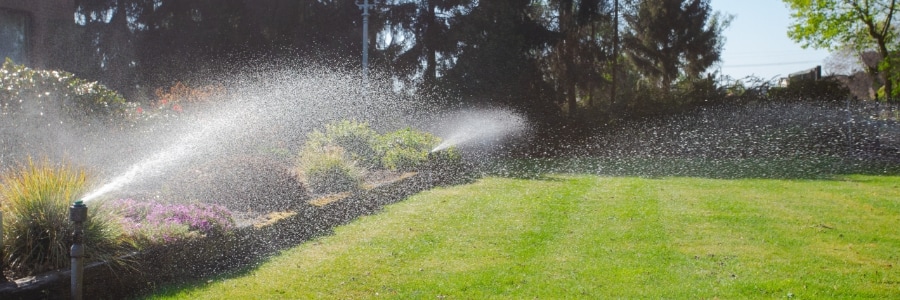May's Tip of the Month: Rethinking Watering Techniques
As we gear up for the warmer days of May, it's crucial to revisit our watering strategies. Overhead sprinklers might seem like the solution, mimicking the natural way rain falls, but did you know this can do more harm than good? Not only do overhead sprinklers facilitate the spread of fungal and bacterial diseases through water splashes, but the salty, alkaline nature of our local water can also accumulate on leaves. When this water evaporates, it leaves behind salts that can create unsightly burn spots on your sensitive plants. Let’s keep those plants healthy by exploring more efficient watering methods this month.
What to Expect Weather-Wise in May
In May, the weather in Phoenix starts to sizzle, setting the stage for the intense heat of summer. Historically, our rainfall this month is minimal, averaging only about 0.1 inches, though back in 1930, we hit a record of 1.3 inches. As for temperatures, expect average highs around 93.6 degrees, with nights cooling down to an average low of 63.9 degrees. However, records show extremes from a chilly high of 54 degrees in 1915 to a balmy low of 86 degrees at night in 1983. Keep in mind, Phoenix is a city of microclimates, so conditions can vary significantly depending on where you are.
Landscape Care in the Rising Heat
As the days grow warmer, it's time to adjust your tactics. Plant water use spikes during this period, especially for non-desert trees that are leafing out and responding to higher temperatures. To protect your heat-sensitive plants, consider applying a layer of mulch around them. This acts like a cooling blanket for the roots and helps prevent water loss through evaporation. Just make sure to keep the mulch a few inches away from the trunk to avoid any pest or disease issues.
Palm Care Tips
If you're pruning palms this spring, remember to leave the top five rows of fronds intact. This not only helps the tree stay healthy but also provides a safe haven for caterpillars.
Grass, Rose and Tree Care
Thinking about starting a Bermuda lawn? Late May is the perfect time to plant, once the soil has warmed up. For those of you with established roses, keep up with your fertilizing routine. Liquid fertilizers are best applied at two-week intervals—just be sure to follow the package directions to avoid overfeeding. When it comes to citrus trees, less is more regarding pruning. Stick to removing only dead or damaged wood, and any branches that obstruct pathways, views, or structures.
If you need expert landscape maintenance all year around, contact Goodman’s for a free quote today.



